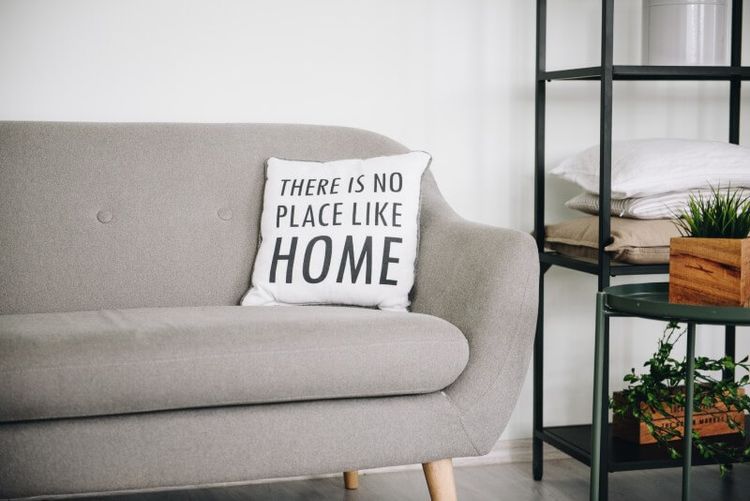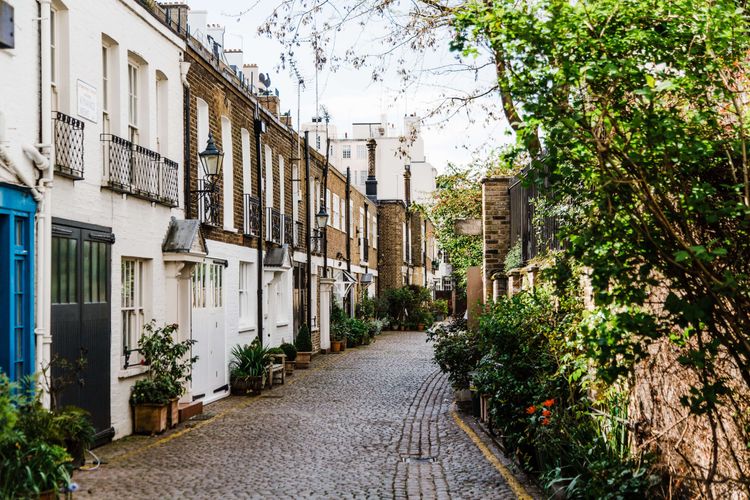What is a guarantor?

Who is a guarantor and what's their role?
A guarantor is someone who would be liable for someone else's repayments if they should stop paying them. Basically, they would then take responsibility for making those payments or repayments and guarantee your landlord or lender gets the money they're owed.
In the past, it was common that guarantors were mainly needed by renters as part of tenancy agreements when renting somewhere to live. This would give landlord some comfort in the form of a guarantee that they weren't at risk of missing out on any rent they were due if their tenant didn't pay it, a bit like where they ask for rent in advance.
However, these days, it's becoming increasingly common that guarantors are also needed to guarantee financial products where there is lending of money (or 'credit') involved. A prime example of where you might need a guarantor for loans is for a product like a mortgage, where you borrow money from a lender (like a bank) to buy a property. Alternatively, it could also come in the form of a traditional loan.
Again having a guarantor in place reassures your lender that there is someone who can guarantee that they will make the repayments that they've lent back over time. In this article, we'll make references to what it means to be a guarantor for renting, but also for where there is credit involved.
It's worth saying that if you never have any issues with either rent payments or credit repayments, then guarantors are not put in a position where they have to pay any money on your behalf. They can just be there in the background, as peace of mind, for your lender or landlord.
Can anyone be a guarantor?
It can be very normal for guarantors to have a close relationship with the person they're acting as a guarantor for. Many people choose parents or family members who are willing to, and can, be of help them to be their guarantor. But equally, you could choose a friend or family friend, as legally speaking, anyone you know can be a guarantor (usually so long as they are older than 18).
While you could choose from anyone in theory, there are a couple of things that you may want to think about before asking someone to be your guarantor:
1) Do they live in the UK?
While this isn't a necessity in order to be a guarantor, you may find that landlords in particular would prefer them to live in the UK. This is in case things don't go as planned while you're renting from them.
For example, if both you and your guarantor fail (or refuse) to pay any rent that is due to your landlord, they may be able to take legal action against you. And doing this where you and your guarantor are based in the UK is much more straightforward for the landlord.
2) Do they have a good credit history?
Whoever has asked you to have a guarantor, such as a lender, will want to make sure the amount they're lending you is in safe hands. And that they aren't at risk of not getting the money back over time.
So, it's important that your guarantor is someone who has a good credit history, as can their ability to meet any financial commitments they'd have to make if you ever stopped repaying your loan. For example, they have a good income or enough assets, like a property of their own, to cover your debt if worst comes to worst.
Becoming a guarantor comes with responsibilities, but it could also come with consequences for them if you fail to pack back your lender, or pay your landlord. They may find their own credit score is negatively affected , which could harm their own chances of getting any credit in future. As we saw before, in particular circumstances, they might also find themselves having legal action against them if you failed to pay your rent and they failed to pay your liabilities as guarantor.
Making sure both you and your guarantor are aware of the responsibilities and potential consequences could be an important step before you agree to them being your guarantor. Let's look at what they are.
A guarantor's rights and responsibilities
While the guarantor is helping you to secure credit, or your tenancy agreement, it's important to note that they have no claim to the property that's being rented or purchased (unless you have come to a separate arrangement with them). Their involvement as a rent guarantor usually only extends to having to pay any rent or debt due on your behalf (should this ever be called for).
In the case of being a rent guarantor as part of a tenancy agreement, this can become important where you are living with others in a shared property (a 'joint tenancy'). Where this applies, your guarantor might want to keep an eye out for any mention of 'joint liability'.
If this does apply to them, then they could find that they are liable for the rent of all the parties that are renting a single property. So they aren't just liable for any missed rent payments you make, but also for those you share your home with. If they miss their rent payments, and you don't, your guarantor could still be the one who has to pay.
Your rent guarantor would be unlikely to be liable for any responsibilities that they aren't made aware of in advance of a guarantor agreement being signed (we'll come on to this shortly). This is often the reason for having the guarantor agreement in place, and any other accompanying paperwork that might relate to your tenancy (such as a tenancy agreement), or in relation to the money you're borrowing from a lender. Just so they're aware of their role and responsibilities before you enter into the agreement you're looking to secure.
How do I finalise who my guarantor is?
Whether it's for a financial product with credit involved, or as part of a tenancy agreement, you'll typically find that your guarantor will need to sign what's known as a 'guarantor agreement'. This usually sets out when the agreement will begin and end and what they are liable for should you not meet your repayments, or pay your rent.
It's important that your guarantor is comfortable with the terms of the agreement before they sign it. When they are happy, the signing of the agreement will usually have to be 'witnessed' by someone. The witness should be independent to you and your guarantor (so not a family member, partner or friend) and have no financial or personal interest in the agreement that's being signed, so an ideal choice might be a solicitor if you have one already.
Once the agreement that your guarantor signs has been witnessed and returned to your lender, or landlord, then you're well on your way towards your new home as tenant or as an owner.
So, as we've seen, guarantors can play an important role for both renters and aspiring homeowners where there's rent or credit repayments to guarantee.



